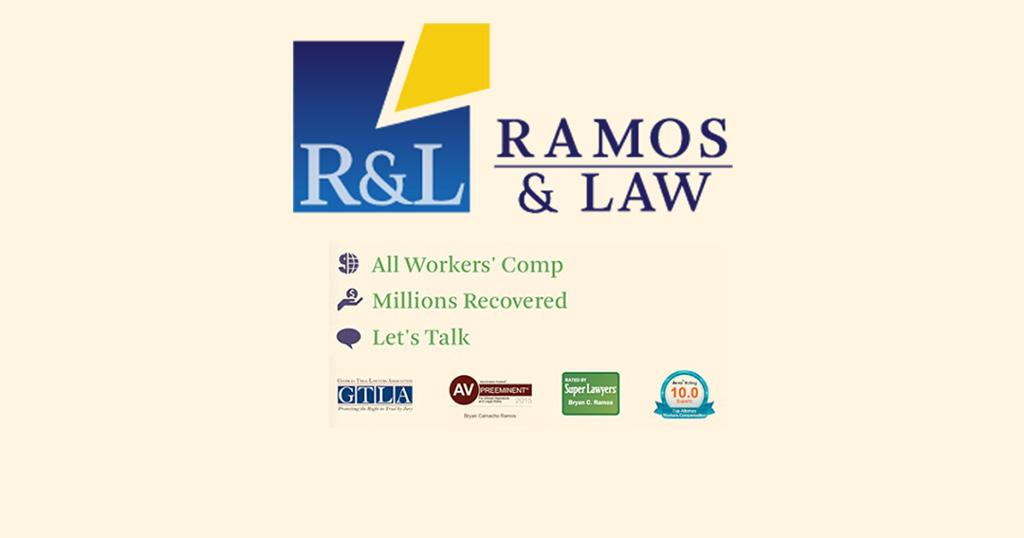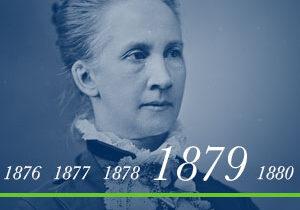
We’ve all seen the episode of our favorite law show where the parties are sitting in the courtroom and at the last minute, just before the Judge hands down his ruling, they reach an agreement. This makes for good T.V., but in reality that is not how it will play out in a workers’ compensation case.
Generally, the only chance an injured worker will see a judge is if there is a specific issue or conflict that requires a judge’s ruling since the parties could not reach an agreement. For example, these issues may include the commencement of weekly benefits, a change of physician, or the compensability of the injury all together. The attorneys will try to resolve these issues before appearing before the Judge. However, the law does not give the judge the power to “order a settlement”. It only gives him or her the power to start weekly income benefits, designate a doctor, or determine if the accident should be accepted under the Workers’ Compensation Act.
When it comes time to discuss settlement, that will be a negotiation between your attorney and the Employer/Insurer’s attorney. Your attorney should talk to you ahead of time and provide an evaluation of your case. This evaluation should outline the strengths and weaknesses of your case. Moreover, it should give you an estimate or recommendation as to the “value” of the case. Subsequently, you should have enough facts to grant your attorney “settlement authority”, or a monetary figure that you would take in exchange for closing or settling your case.
Keep in mind that this process occurs away from the courtroom. Often times, the attorneys’ negotiations are conducted by phone or through written correspondence. Generally, an administrative law judge will not be involved in these negotiations, and you will not “present your case” to him. However, if you are attending a settlement mediation conference at the State Board of Workers’ Compensation, another judge (serving exclusively as a mediator) may help facilitate the settlement process. It should be kept in mind that this mediator, who happens to be a judge, will not be the judge in your in the event the settlement negotiations fall through.
When, and if, the parties have reached an agreement on the settlement terms, a document is written up memorializing the settlement “stipulations” and that document will be filed with the State Board for approval. It’s at that time that the State Board will “sign off” on the agreement. Within 20 days of the State Board’s approval, the claimant should have received the settlement proceeds.





